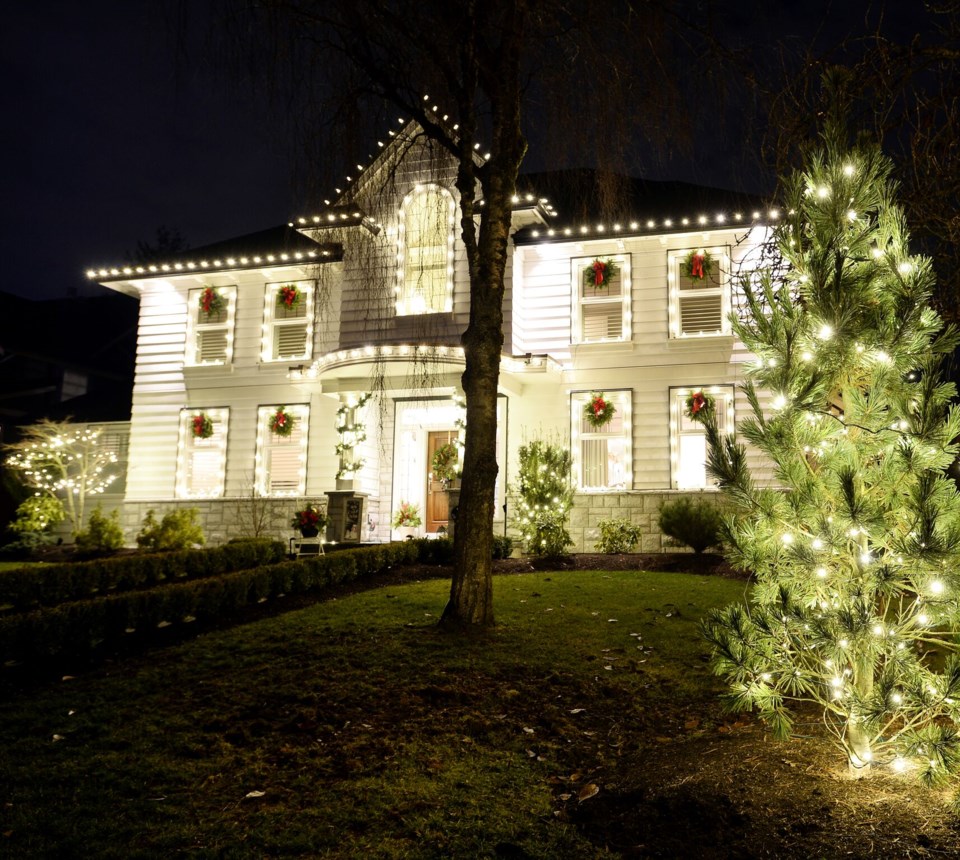Queen’s Park and Queensborough are once again home to the most valuable residential properties in New Westminster.
BC Assessment has begun sending out 2019 assessment notices to more than 500,000 properties throughout Greater Vancouver that reflect market value as of July 1, 2018.
“The majority of residential homeowners within the region can expect a modest change compared to last year’s assessment,” Keith MacLean-Talbot, deputy assessor for the Greater Vancouver region, said in a press release. “The single-family home market saw slight increases or decreases depending on the municipalities.”
Here are the top 10 highest assessed residential properties in New West in 2019:
* 1016 Salter St., Queensborough – $3,326,000 ($3,321,000 in 2018);
* 101 College Crt., Queen’s Park – $2,864,000 ($2,721,000);
* 127 Queens Ave., Queen’s Park – $2,827,000 ($2,674,000);
* 218 Regina St., Queen’s Park – $2,823,000 ($2,717,000);
* 221 Queens Ave., Queen’s Park – $2,775,000 ($2,628,000);
* 122 Third Ave., Queen’s Park – $2,668,000 ($2,550,000);
* 1238 Ewen Ave., Queensborough – $2,647,000 ($2,162,000);
* 507 Blackford St., Queens Park – $2,644,000 ($2,497,000);
* 329 Second St., Queen’s Park – $2,612,000 ($2,548,000); and
* 403 St. George St., Queen’s Park – $2,551,000 ($2,357,000).
According to BC Assessment, single detached homes in urban areas of Greater Vancouver saw assessments change from a decrease of 15 per cent to an increase of 10 per cent from the previous year, while residential strata units saw an increase from zero to 25 per cent increase. In New Westminster, the average change of assessed values of strata residential properties from 2018 to 2019 was an increase of one per cent.
“New West has definitely seen a difference between the single-family homes and the condominium and strata market,” MacLean-Talbot told the Record. “Specifically, as far as the single-family homes go, there’s a bit of a range of values. Depending on what neighbourhood you’re in, you’ll see a difference in your percentage change from last year’s assessment to this year. The average is about one per cent, but you’ll see a decrease of five per cent and all the way up to an increase of 10 per cent, depending on the specific pockets. Whereas on the opposite side, with the stratas, we are seeing anything from staying flat at zero per cent all the way to increases in the 30 per cent range.”
While New West has had some of the largest overall increases in assessments in the region in past years, that’s not the case in 2019.
“This year we are looking at more stable changes. I’d say they’re more moderate changes, whereas in the past there have been substantial increases for single-family homes,” MacLean-Talbot said. “As far as what we are looking at, we are just following the sales that are happening. Whether it is Queen’s Park or Sapperton, we just look at the sales that happen around the July 1, 2018 evaluation date.”
MacLean-Talbot said there’s no particular New West neighbourhood that’s seen anything out of the ordinary in assessments.
“I would say it’s pretty varied,” he said. “There is nothing that is really standing out as a substantial change.”
In June 2018, New Westminster city council adopted a heritage conservation area in the Queen’s Park neighbourhood, a move some feared would negatively impact property values. Owners of homes built in the Queen’s Park neighbourhood in 1940 or earlier and houses listed on the heritage register are protected and now require the owners to get a heritage alteration permit from the city if they want to make changes to the front, sides or visible roof of the existing main building.
“The Queen’s Park area, which is obviously at question given the changes in June 2018, hasn’t seen any significant changes from the 2017 assessments. A typical property in there – I’ve got one singled out here; it’s a 1910 building – is up about 5.8 per cent,” MacLean-Talbot said. “I think it might be too early to tell if there is anything that’s going to happen. The key is that our evaluation date is July 1, 2018.”
More information about property assessments can be found at bcassessment.ca
“We have a great program on there called Assessment Search that allows them to put in their address, look at details on their property, look at their neighbours’ properties, as well as some of the sample sales that have happened in and around their area,” said MacLean-Talbot. “New this year as well, if they want to sign up using their email, they can open up a few extra features that allow them to save favourites, compare different properties side by side. There’s a great interactive map that’s available as well. There’s a lot of information available on there – more than what’s on your assessment notice, so it allows people to have a deeper look.”
According to BC Assessment, property values usually change as a result of real-estate market forces, and these forces vary by property type and location, as well as upgrades to a property.
“Owners should definitely look at their assessments. If they have questions, go to the website. If they have more questions they can contact us at the 1-866-825-8322 phone number and will be able to talk to a professional staff member who will be able to answer questions,” MacLean-Talbot said. “If they still have questions or concerns, it’s important that they remember the appeal deadline is Jan. 31. They can file an appeal online or look at their notice for other ways to file an appeal.”



